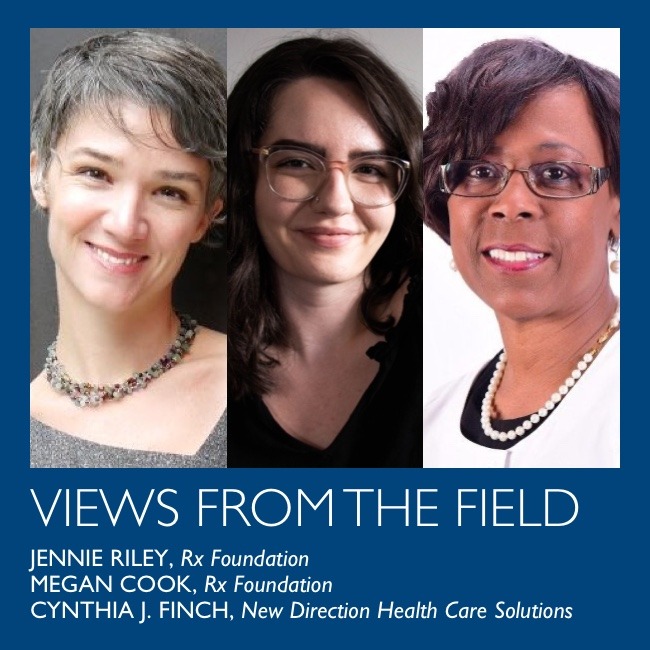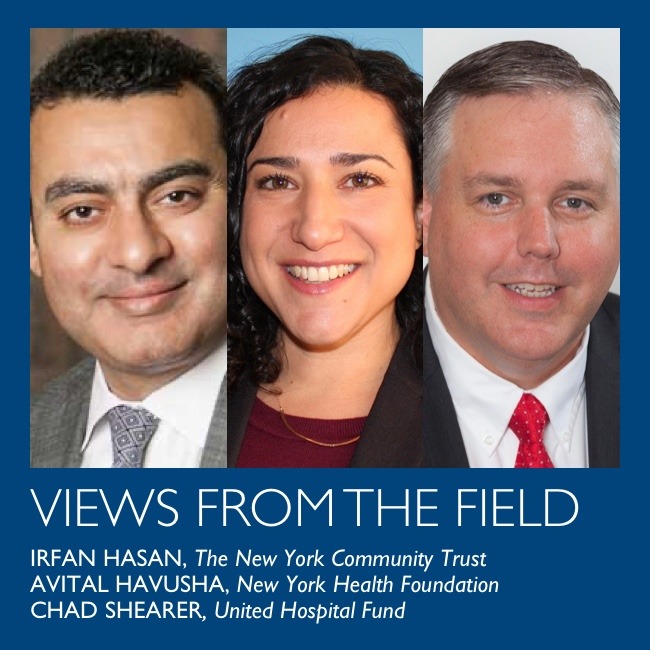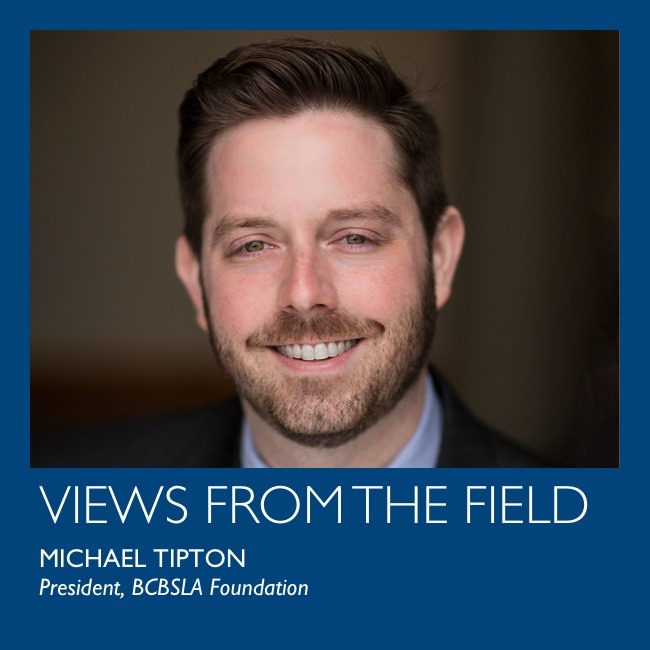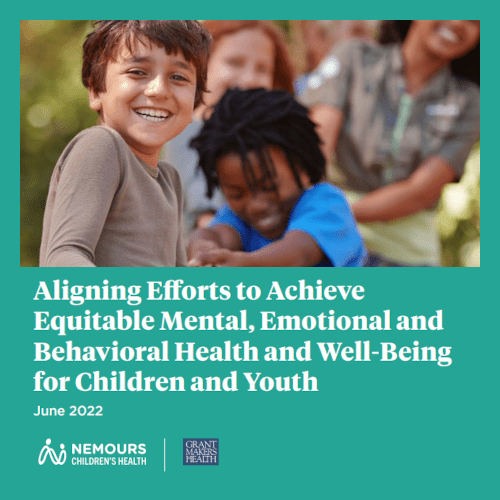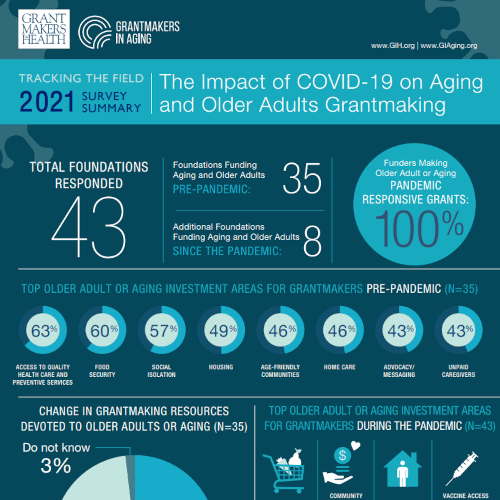Grantmakers In Health: COVID-19 Coronavirus: How Philanthropy Can Respond.
Terrance Keenan Institute Alumni Reflect on How COVID-19 Changed Grantmaking
Foundations play a vital role in the nonprofit sector, funding everything from safety net services to social innovation. Like many businesses, philanthropic organizations altered their ways of doing business in response to the COVID-19 pandemic. The health sector, including hospitals and other health care settings along with public health organizations, were deeply affected by the magnitude of illness and the polarization of the pandemic response. To understand exactly how the business of health grantmaking shifted during COVID-19, Jennifer Chubinski and Allen Smart conducted in-depth interviews with health foundation leaders from around the country to learn what changed in their grantmaking strategies and practices.
Missouri Foundation for Health: May 2023
The Missouri Foundation for Health released a new report that examines the challenges Black and Latino Missourians faced during the early months of the pandemic. The report highlights how inequities in response efforts hampered their reach and effectiveness, further exacerbating the COVID-19 pandemic’s impact on Black and Latino communities.
New York State Foundations Working Together to Preserve Health Insurance Coverage for Millions of New Yorkers
In March 2020, the United States declared a public health emergency and enacted historic COVID-19 relief legislation. It increased Medicaid funding to states contingent on several conditions, including a “continuous enrollment” requirement that prohibited states from terminating Medicaid enrollees’ coverage until after the public health emergency had ended. How well this worked is a rare silver lining of the pandemic: an estimated 20.2 million people gained coverage since March 2020, and the uninsured rate dropped across the country.
Lessons from a Long Season of Disaster Response
By the time this article is published, we’ll be marking several anniversaries of devastating natural disasters in Louisiana, all of which arrived late in summer. Hurricanes Katrina and Rita infamously decimated the Southern Louisiana area in 2005. Fifteen years later, in the span of just two consecutive summers, Hurricanes Laura, Delta, Zeta, and Ida battered a weary state still mired in the thick of COVID-19.
Blue Cross of Massachusetts Foundation: June 2022
The Blue Cross Blue Shield of Massachusetts Foundation released a report outlining key strategies for maintaining Medicaid coverage when the federal government ends the COVID-19 public health emergency, a regulatory transition that will put many eligible individuals at risk of becoming uninsured.
The Impact of COVID-19 on Aging and Older Adults Grantmaking Survey
To better understand how philanthropy has responded to these challenges over the course of the pandemic, Grantmakers In Health and Grantmakers In Aging launched a joint survey in November 2021 to learn how health and aging funders are addressing COVID-19 related needs among older adult populations and potential long-term impacts on future grantmaking.
COVID-19 Grants and Programs – May 2022
The latest on COVID-19 grants and programs from the field.



